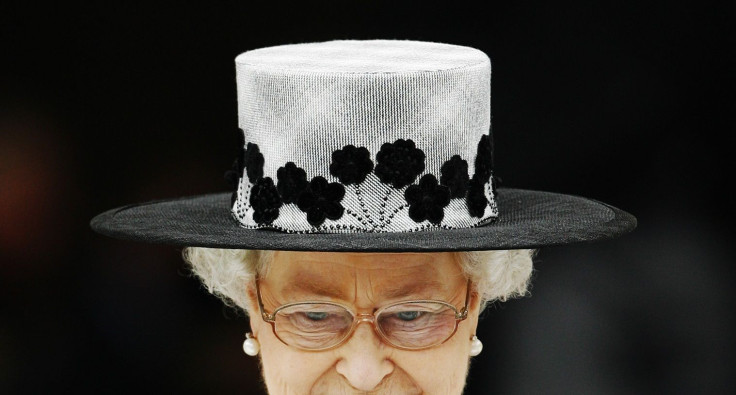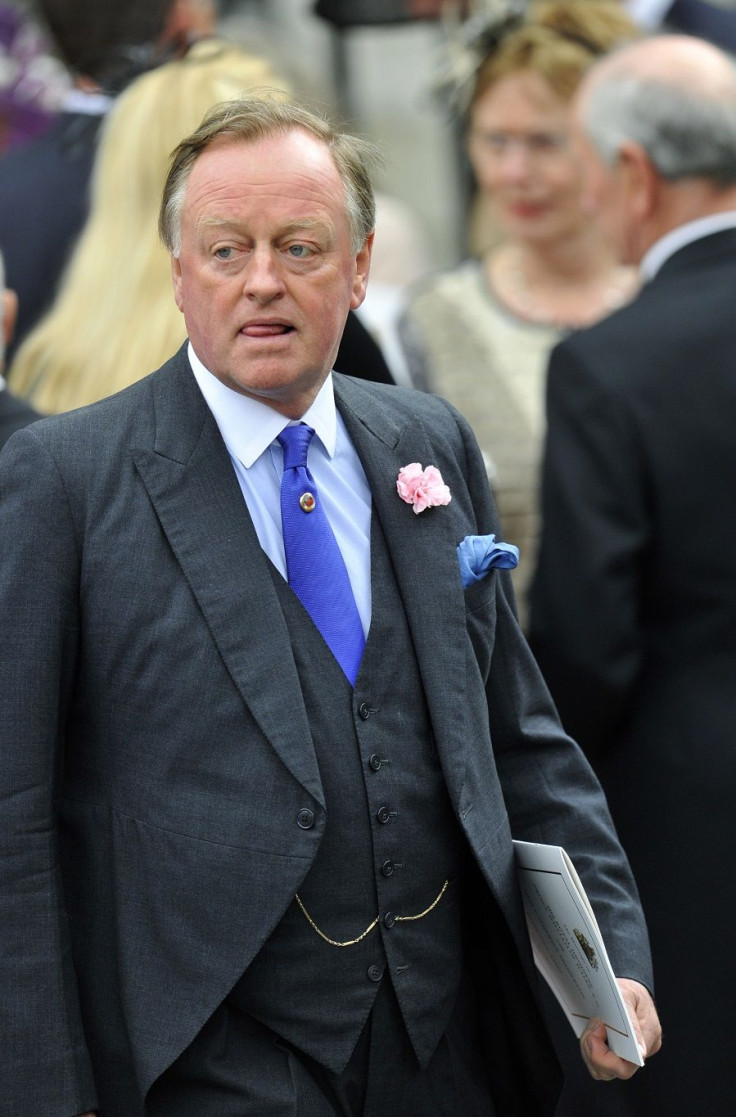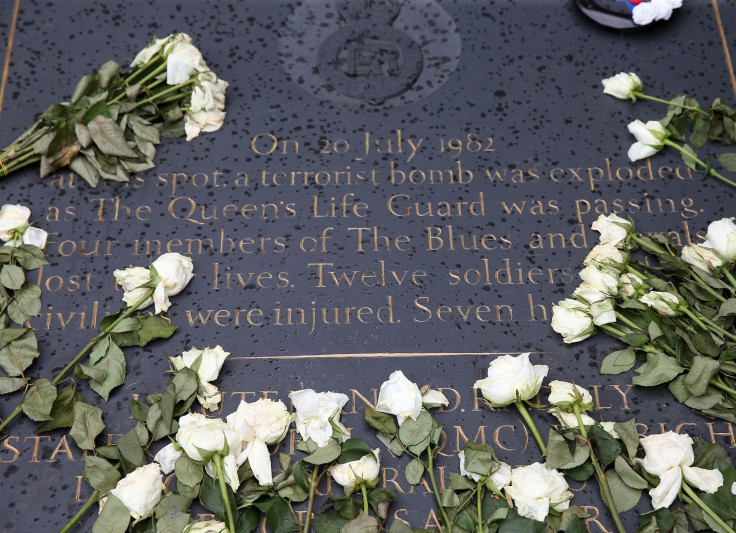Queen Elizabeth’s ‘most ghastly day’ of her life

Queen Elizabeth, at 92, has seen it all. But there is one day that stands out for her, for all the wrong reasons.
Andrew Parker Bowles, who led the Household Cavalry on July 20, 1982, has recalled to Express what that day was for Her Majesty. The day was when the Provisional Irish Republican Army (IRA) detonated two bombs during the British military ceremonies in Hyde Park and Regent’s Park in London. The incidents killed 11 soldiers and seven horses.
The Queen apparently told Parker Bowles that it was “the most ghastly day of my life.”

The first bomb went off in Hyde Park, exploding as the soldiers of the Household Cavalry were passing. Three soldiers were killed immediately, while another succumbed to his wounds a few days later. There were soldiers and civilians who were injured as well. Two hours later, a second bomb exploded in Regent’s Park while military bandsmen of the Royal Green Jackets were performing on the stand to a crowd of over a hundred people. Six of the bandsmen were killed outright, with the seventh dying days later. At least eight civilians were also injured.
“It was a nice, sunny day and suddenly one heard this explosion one heard all the time in Northern Ireland,” Parker Bowles, the former husband of Camilla, Duchess of Cornwall, said.
“The first horse I saw was Sefton. He had a bloody great hole in him but he managed to pull through,” he said, referring to one of the horses.
The brigadier said he wanted a memorial to commemorate the fallen soldiers, but he was denied by the ministerial opposition.
“The politicians didn’t want another memorial. So I went to the Queen Mother, who went to the Queen. Now you can see it in Hyde Park,” he said.

Gilbert McNamee was convicted of making the Hyde Park bomb five years later. He was sentenced to 25 years in prison and served 12 before being released under the terms of the Good Friday Agreement. Another IRA member, John Downey, was charged with four counts of murder in relation to the Hyde Park incident. His trial collapsed after just one month in February 2014.





















